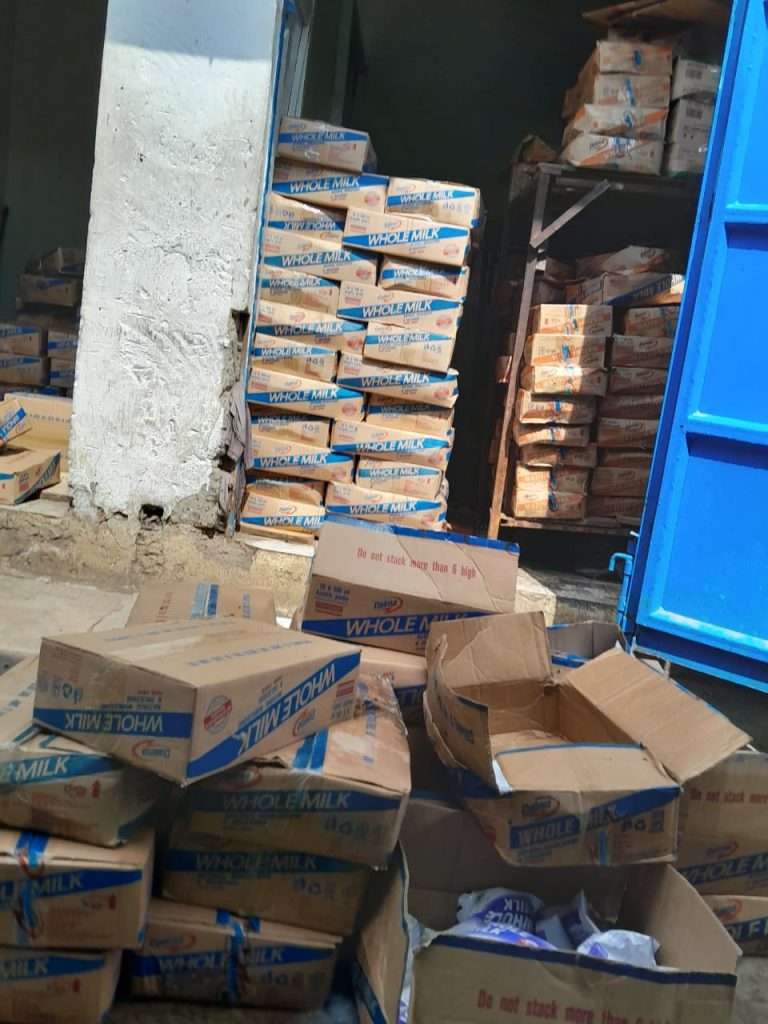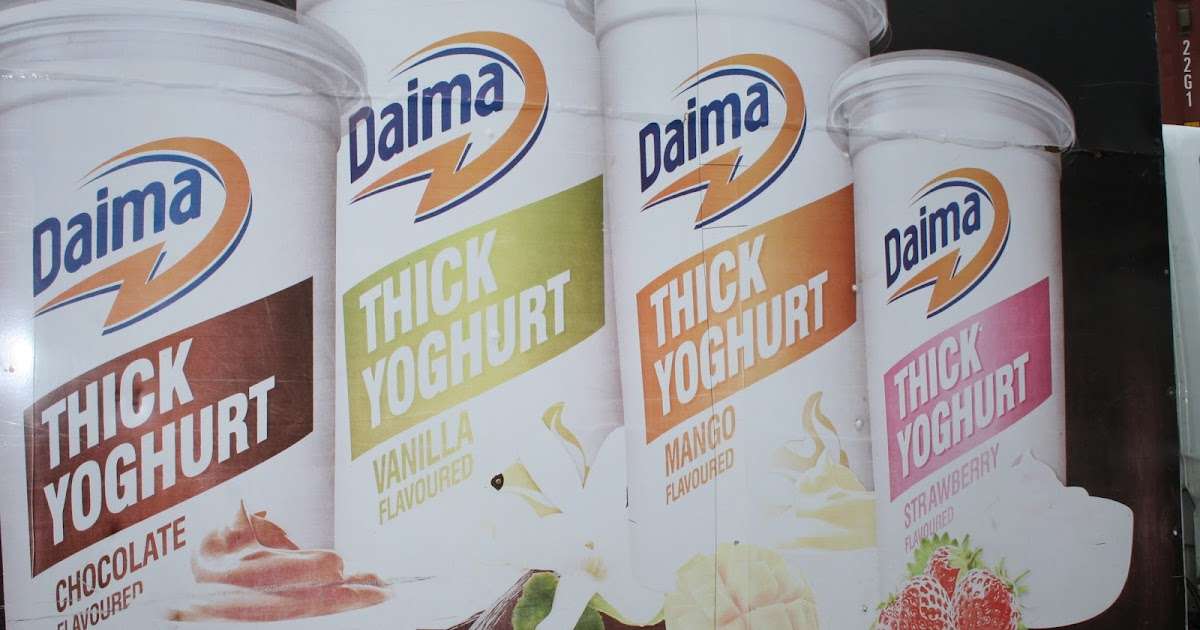By The Weekly Vision Reporter
There is a high likelihood that Kenyans could, unknowingly be consuming dairy products laced with unhealthy and lethal chemicals. The Weekly Vision’s investigation team found that a product made by Devyani Food Industries, the makers of Daima Milk, poses health risks to consumers. In 2019, Daima Milk Factory, then owned by Sameer Foods, was one of several companies that were closed down by the National Environment Management Authority (NEMA) for directing harmful waste material into the Nairobi River.
The factory was ordered to close indefinitely after NEMA officials established that they were discharging waste into the Nairobi River and had no sign of waste management solutions.

There are suspicions that some individuals associated with Daima Milk could be endangering the lives of unsuspecting Kenyans by selling them expired milk laced with dangerous chemicals to keep the milk ‘fresh’, which is a criminal act. A company based near the City Stadium in Nairobi, a registered Daima Milk distributor, with the assistance of a senior employee from Daima Milk is engaged in this illicit practice where the use of hydrogen peroxide and formalin is used to artificially prolong the freshness of dairy products in the warehouses. The chemicals are used to prolong the expiration date; subsequently, the products are repackaged with a fresh expiration date to be sold to consumers.
This deceptive tactic is employed when the products are about to expire. According to a health specialist who spoke to The Weekly Vision, formalin is used to keep the milk fresh for a longer period, even though it goes against health regulations. Formalin is a common preservative used in mortuaries as a preservative.
Selling expired dairy products raises apprehension about the possible hazards linked to the utilization of unapproved substances to extend the lifespan of dairy products artificially. Other investigating agencies, such as DCI, should investigate the issue since the practice endangers the consumer.
Further, the act of repackaging and falsely labelling dairy products with new expiration dates is illegal and is punishable by law. The practice can lead to imprisonment for up to five years or a fine equivalent to fifty per cent of the goods’ value if found guilty by a court of law. Health experts have also discovered that expired dairy products, whether short-lived or long-life, cannot be reprocessed or relabeled. Consuming expired milk can lead to unpleasant digestive symptoms, including stomach pain, nausea, vomiting, and diarrhoea.
Milk consumers are warned that once you experience a swollen packet of Daima milk but the content seems fresh, never partake of such a product since the expiry date could have been breached with chemicals having been used to extend the sell-by date.
There have been speculations that expired milk can be taken off grocery store shelves, reprocessed, and sold again with a new expiration date. Health experts warn that once milk has passed its expiration date, it is considered unfit for consumption and must be discarded.
It is not legal or safe to reprocess expired milk and sell it again with a new expiration date. Such a practice would pose serious health risks to consumers and violate food safety regulations.





